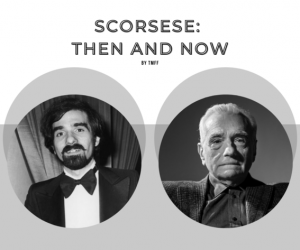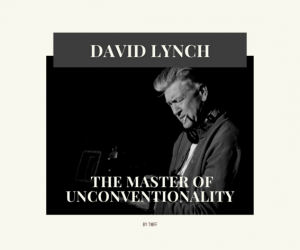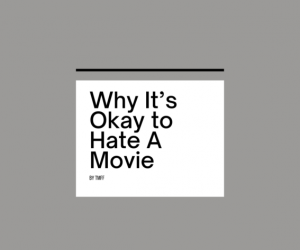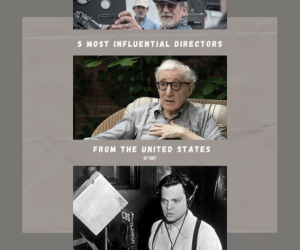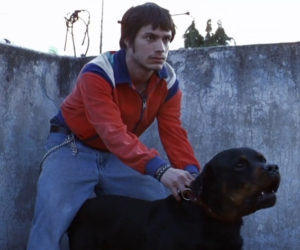Nobody is perfect, especially when discussing the notion of a masterful director. Though some directors haven’t made a bad film, there are countless examples of great directors who eventually stumble into making a terrible movie—some of which never recover.
With this in mind, why do seemingly perfect and groundbreaking directors occasionally make a terrible movie? Is it meant to be a part of cinema, or is it ultimately random and representing something deeper with film?
Examples of Bad Movies from Great Directors
- The Ladykillers – Coen Brothers (2004)
- Boxcar Bertha – Martin Scorsese (1972)
- A Good Year – Ridley Scott (2006)
- 1941 – Steven Spielberg (1979)
- Marie Antoinette – Sofia Coppola (2006)
- Spike Lee – Girl 6 (1996)
It’s Impossible to be Perfect
The idea of being perfect is an unrealistic expectation so many present to masterful filmmakers. Though there are iconic filmmakers who haven’t made many bad films, they certainly have a wide scale in their filmography. There is also the point of filmmakers who didn’t make many films and are regarded as pioneering filmmakers.
Near perfection when discussing directors may include Stanley Kubrick, Andrei Tarkovsky, Spike Jonze, Denis Villeneuve, Paul Thomas Anderson, and countless others. However, it’s important to highlight that although none of these filmmakers have a terrible film per se, some of their films are much better than the others.
They Work Past Their Prime
So many great directors end up making bad films because they work past their prime. Tarantino has gone on record stating that he only intends to make ten films because he feels ten is the perfect number to offer something to the world of cinema still.
Aging can cause a director to be out of touch with the current norms of the industry and what makes a great film. Countless directors had an early blossoming career, only to be characterized by several faults later on. Staying active and knowledgeable on current advances in the medium can prevent this, as well as not getting too comfortable.
They Get Too Comfortable and Take Fewer Risks
Filmmaking, in general, is all about taking risks and not getting too comfortable. Whenever a filmmaker lands a big success early on in their career, it’s easy for them to fall into the trap of being successful. They’ve worked their entire life to gain that recognition, and now with it finally achieved, will they still have that same work ethic?
Comfort and taking fewer risks are why so many filmmakers start with a blossoming career, only for it to shatter years later. Iconic filmmakers continue the same passion for their films early in their careers, even when they’re significantly older.
They Strive to Re-Create Their Past
Whenever a filmmaker works past their prime, and it’s significant, it becomes pronounced that they’re trying to re-create their past. Though this sometimes works beneficially, such as Ridley Scott’s Alien-prequel franchise, it tends to not work out for the best. Just look at Shane Black trying to re-do Predator in 2018.
They Attempt Terrible Passion Projects
As great as it is for successful directors to take on passion projects, it doesn’t always work out. Many cite Steven Spielberg’s Schindler’s List as an example of what a passion project can turn into, but that isn’t always the case. Just take a look at Francis Ford Coppola’s One From the Heart (1982).
Audiences Change
Though not as common, some filmmakers end up working past their audience appeal. Audiences change, and interests change. Spaghetti westerns aren’t how they are today as they were in the 1960s, just like Marvel films will someday lose interest. Audiences change, and that’s okay. It’s on the filmmaker to know where the audience is and how their films can still be successful.








